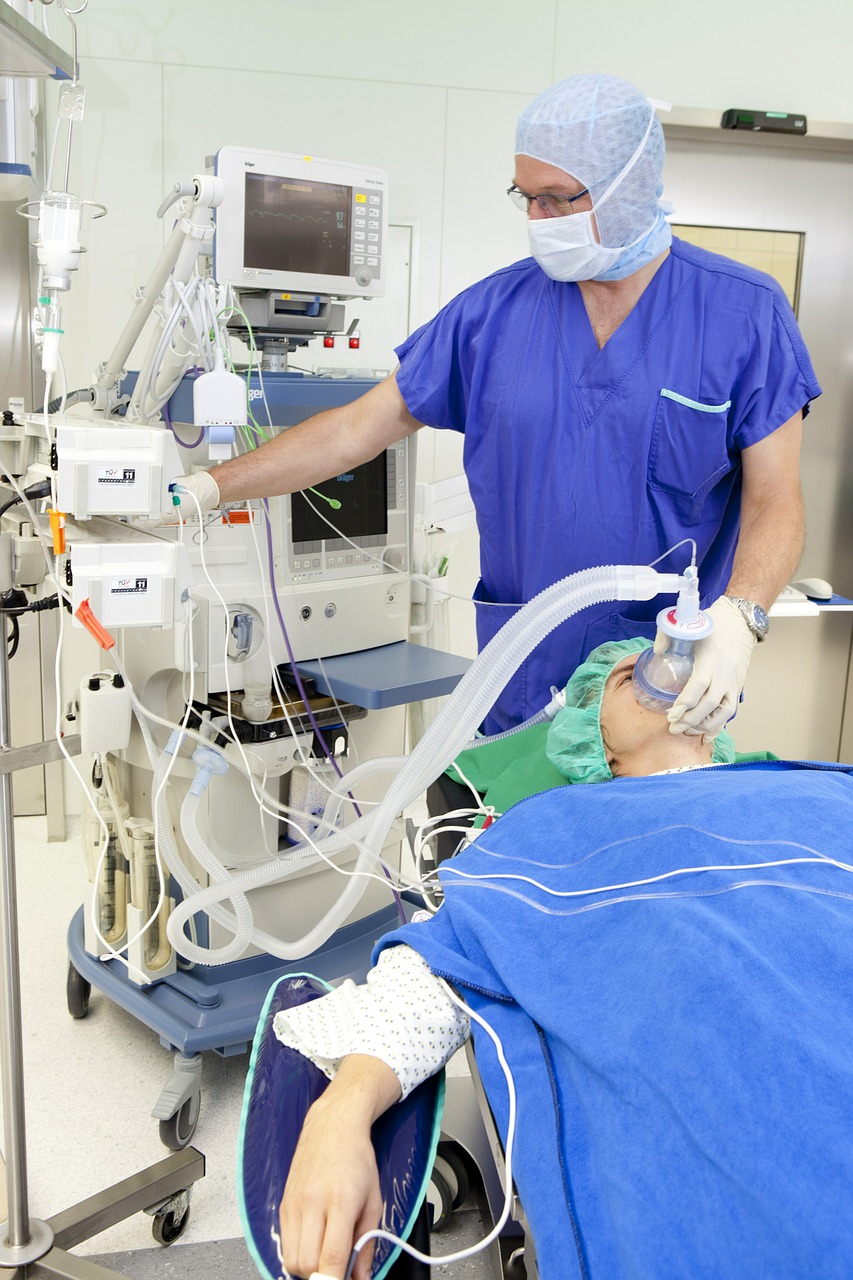Hernia Problem
A hernia usually happens when an organ squeeze through an opening in the muscle or tissue that holds it set up. For instance, the intestines may get through a debilitated zone in the abdominal wall.
Several types of hernias happen in the abdomen between your chest and hips, yet they can likewise show up in the upper thigh and crotch or groin area.
Most hernias aren't promptly life-threatening, yet they don't leave all alone. Here and there they can require Hernia Surgery to forestall dangerous complexities.
Causes of Hernia
Hernias are brought about by a combination of muscle weakness and strain. Contingent upon its cause, a hernia can grow rapidly or over a significant stretch of time.
Some basic reasons for muscle weakness or strain that can prompt a hernia include:
- An inborn condition that happens during advancement in the womb and is available from birth.
- Old age.
- Harm from a physical injury or surgery.
- chronic coughing or chronic obstructive pulmonary disorder (COPD)
- Intense workout or lifting heavy weight.
- Pregnancy, particularly having multiple pregnancies.
- Constipation, which makes you strain while having a bowel movement.
- Obese or being overweight.
- fluid in the stomach, or ascites
There are likewise sure things that can expand your risk of building up a hernia. They include:
- an individual or family ancestry of hernias
- Ageing.
- Pregnancy.
- Obese or being overweight.
- chronic constipation
- Chronic Coughing (likely because of the dreary increase in abdominal pressure)
- Cystic fibrosis.
- Smoking (prompting debilitating of connective tissue).
- Being conceived prematurely or with a low birth weight.
Types of Hernia
There are a few different sorts of hernias. Underneath, we'll investigate the most common ones.
Inguinal hernia
Inguinal hernias are the most widely recognized sort of hernia. These happen when the intestines push through a weak area or tear in the lower abdominal wall, frequently in the inguinal canal. This condition is likewise increasingly common in men.
The inguinal channel is located in crotch or groin. In men, it's where the spermatic cord goes from the abdomen to the scrotum. This string holds up the testicles. In women, the inguinal canal has a ligament that helps hold the uterus to its place.
These hernias are increasingly regular in men because the testicles plunge through the inguinal canal not long after birth. The canal should close totally behind them. At time the canal doesn't close appropriately, leaving a weakened area. Read more about inguinal hernias.
Hiatal hernia
A hiatal hernia happens when part of your stomach distends up through the diaphragm into your chest cavity. The diaphragm is a sheet of muscle that helps you inhale by contracting and bringing air into the lungs. It isolates the organs in abdomen from those are in chest.
This kind of hernia is generally found in individuals more than 50 years of age. In the event that a child has the condition, it's mainly brought about by congenital birth defect.
Hiatal hernias quite often cause gastroesophageal reflux, which is the point at which the stomach substance release in reverse into the esophagus, generating a burning sensation. Explore more about hiatal hernias.
Umbilical hernia
Umbilical hernias can happen in children and infants. This happens when their intestines bulge or swell through their abdominal wall close to their belly button. You may see a lump in or close to your child’s belly button, particularly when they're crying.
Only umbilical hernia is the one that leaves all alone as the abdominal wall muscles get stronger, ordinarily when the child is 1 or 2 years of age. On the off chance that the hernia hasn't left by 5 years of age, surgery would be recommended to address it.
Adults can likewise have umbilical hernias. This can happen from rehashed strain on the abdomen area because of conditions like corpulence, pregnancy, or liquid in the abdomen (ascites). Read More about Umbilical Hernia.
Ventral hernia
A ventral hernia happens when tissue swells through an opening in the muscles of abdomen. You may see that the size of a ventral hernia diminishes when you're resting.
Albeit a ventral hernia can be present from birth of a child, it's all the more generally acquired sooner or later during a lifetime. Basic factors in ventral hernia formation incorporate things like obesity, arduous movement, and pregnancy.
Ventral hernias can likewise occur at the site of a surgical incision. This is called an incisional hernia and can occur because of surgical scarring or of the weakened stomach muscles at the surgical area. Keep perusing to find increasingly about ventral hernias. Explore More on Ventral Hernia.

